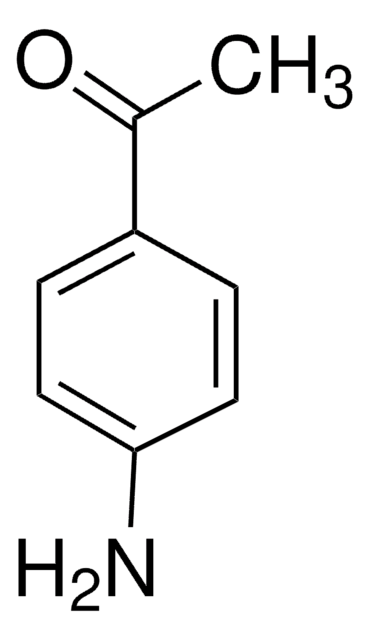T36609
m-Toluic acid
ReagentPlus®, 99%
Synonym(s):
3-Methylbenzoic acid
Sign Into View Organizational & Contract Pricing
All Photos(4)
About This Item
Linear Formula:
CH3C6H4CO2H
CAS Number:
Molecular Weight:
136.15
Beilstein:
970526
EC Number:
MDL number:
UNSPSC Code:
12352100
PubChem Substance ID:
NACRES:
NA.22
Recommended Products
Quality Level
product line
ReagentPlus®
Assay
99%
bp
263 °C (lit.)
mp
107-113 °C (lit.)
density
1.054 g/mL at 25 °C (lit.)
SMILES string
Cc1cccc(c1)C(O)=O
InChI
1S/C8H8O2/c1-6-3-2-4-7(5-6)8(9)10/h2-5H,1H3,(H,9,10)
InChI key
GPSDUZXPYCFOSQ-UHFFFAOYSA-N
Looking for similar products? Visit Product Comparison Guide
Related Categories
Legal Information
ReagentPlus is a registered trademark of Merck KGaA, Darmstadt, Germany
Signal Word
Warning
Hazard Statements
Precautionary Statements
Hazard Classifications
Eye Irrit. 2
Storage Class Code
11 - Combustible Solids
WGK
WGK 3
Flash Point(F)
302.0 °F
Flash Point(C)
150 °C
Personal Protective Equipment
dust mask type N95 (US), Eyeshields, Gloves
Choose from one of the most recent versions:
Already Own This Product?
Find documentation for the products that you have recently purchased in the Document Library.
Customers Also Viewed
C J Krieger et al.
Journal of bacteriology, 181(20), 6403-6410 (1999-10-09)
The initial enzymatic steps in anaerobic m-xylene oxidation were studied in Azoarcus sp. strain T, a denitrifying bacterium capable of mineralizing m-xylene via 3-methylbenzoate. Permeabilized cells of m-xylene-grown Azoarcus sp. strain T catalyzed the addition of m-xylene to fumarate to
M A Kivisaar et al.
Journal of bacteriology, 171(9), 5111-5116 (1989-09-01)
The utilization of phenol, m-toluate, and salicylate (Phe+, mTol+, and Sal+ characters, respectively) in Pseudomonas sp. strain EST1001 is determined by the coordinated expression of genes placed in different plasmids, i.e., by a multiplasmid system. The natural multiplasmid strain EST1001
A Cebolla et al.
Applied and environmental microbiology, 62(1), 214-220 (1996-01-01)
A simple procedure to detect the switching on and off of catabolic promoters of Pseudomonas putida, at the level of single cells based on the immunodetection of a reporter epitope expressed on the surface of bacterial cells, has been developed.
Jun Yao et al.
Applied and environmental microbiology, 73(8), 2735-2743 (2007-02-27)
Mobile group II introns ("targetrons") can be programmed for insertion into virtually any desired DNA target with high frequency and specificity. Here, we show that targetrons expressed via an m-toluic acid-inducible promoter from a broad-host-range vector containing an RK2 minireplicon
Rafael Silva-Rocha et al.
Molecular bioSystems, 8(7), 1950-1957 (2012-05-17)
In this report, we experimentally demonstrate that improving the cis-regulatory region of a target promoter can significantly enhance the response to an otherwise poor inducer. The transcriptional factor (TF) BenR of Pseudomonas putida KT2440 is a member of the AraC/XylS
Our team of scientists has experience in all areas of research including Life Science, Material Science, Chemical Synthesis, Chromatography, Analytical and many others.
Contact Technical Service












